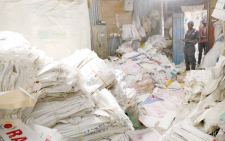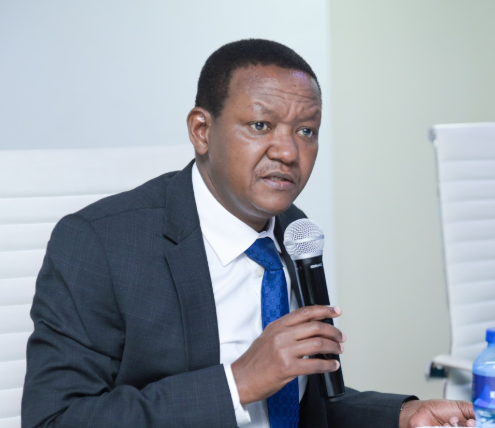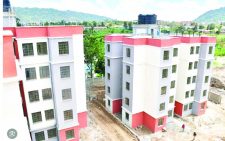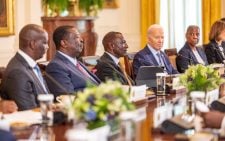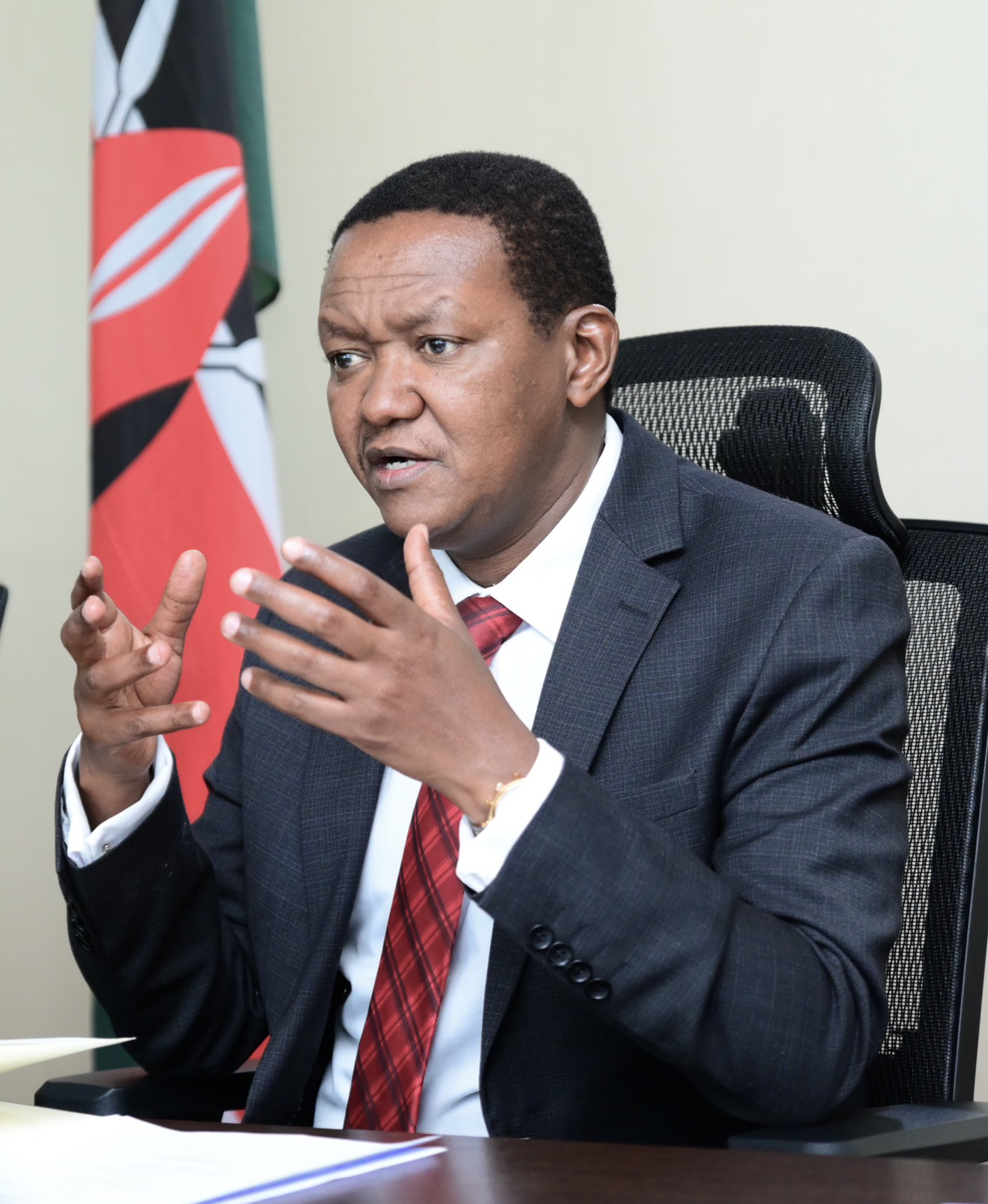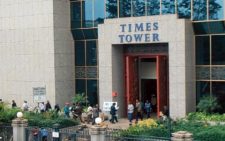Five million fertiliser bags to be ready by mid January
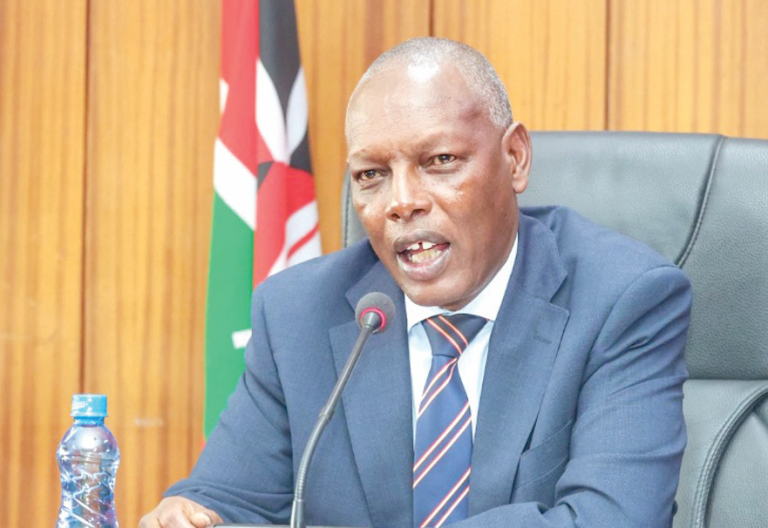
Five million bags of subsidised fertiliser earmarked for use by small- scale farmers in 2025 long rains season will be in National Cereal and Produce Board (NCPB) stores by mid-January.
Agriculture and Livestock Development Cabinet Secretary Andrew Karanja explained that procurement of the subsidised fertiliser has started and expects it will be ready one month before the start of the 2025 long rains season.
The government, he stated had through NCPB, commenced procurement of 4.9 million 50 kg bags of fertiliser on July 24, 2024 for both planting and topdressing fertiliser. Government in the 2024/25 financial year extended Sh10 billion to finance the Fertilizer Subsidy Programme.
“Currently, companies that were awarded tenders to supply the subsided fertiliser are delivering them to NCPB and the agreement is that we will have all the fertiliser in our stores by mid-January 2025 so that by February-March when the rains start, the farmers will be able to access the subsidized fertilizer,” said Karanja.
Recently, during a media forum at Kenya Agricultural and Livestock Research Organisation (Kalro) headquarters, the CS said the assorted fertiliser comprises 3.3 million bags for planting and 1.6 million bags for top dressing.
For the 2024 short rain season, 2,032,130 bags of various types of fertilisers have been redeemed by 486,213 farmers.
This has been through the e-voucher system across the counties for various crops. The supply of the subsidised fertiliser Karanja noted has been disrupted by lack of proximity to depots. “In some instances, farmers are forced to travel between 200-300 kilometres since the NCPB stores are not many and they are far away,” said Karanja.
To maximise fertiliser distribution t and access of the commodity, the CS confirmed that plans are underway to onboard other outlets, for instance, well organised cooperative societies mainly in the coffee growing zones.
“We are also onboarding a significant number of agrovets and agro-dealers in addition to enhancing their capacities to store adequate fertiliser and thus serve more farmers nearly from their location or area,” explained Karanja.
Regarding a proposal by the council of governments to have the money factored in the budget be channelled to the county governments, he said nothing has been discussed and aggressed so far. Equally, he added, a proposal to expand the subsidy programme to include other inputs is under discussion.
Enhanced and sustained supply of subsidised fertiliser, Karanja explained has contributed to food supply in the country and thus decreased prices.
For example, he added: “Maize production estimate for the long rains season is 75,972,332 (50 Kg bags) based on the achieved acreage of 1,648,776 Ha and an estimated average yield of 42 bags per acre. We anticipate that cumulatively, the annual production will hit 94,407,227 (50 kg bags) based on the projected total annual acreage of 2,716,125 ha.”
Further, about 6.3 million bags of beans are to be harvested bringing the total stock of beans to 12.2 million bags of 50 kg by the end of December 2024.
In the wheat subsector a harvest of 1.8 million bags is expected by the end of this month.
The rice balance sheet projection indicates that the country will have a surplus of 2.7 million 50 kg bags by the end of December 2024. The estimated production for 2024 is 3,290,641 bags of 50 kg paddy rice from a total area of production of 35,496 ha.



